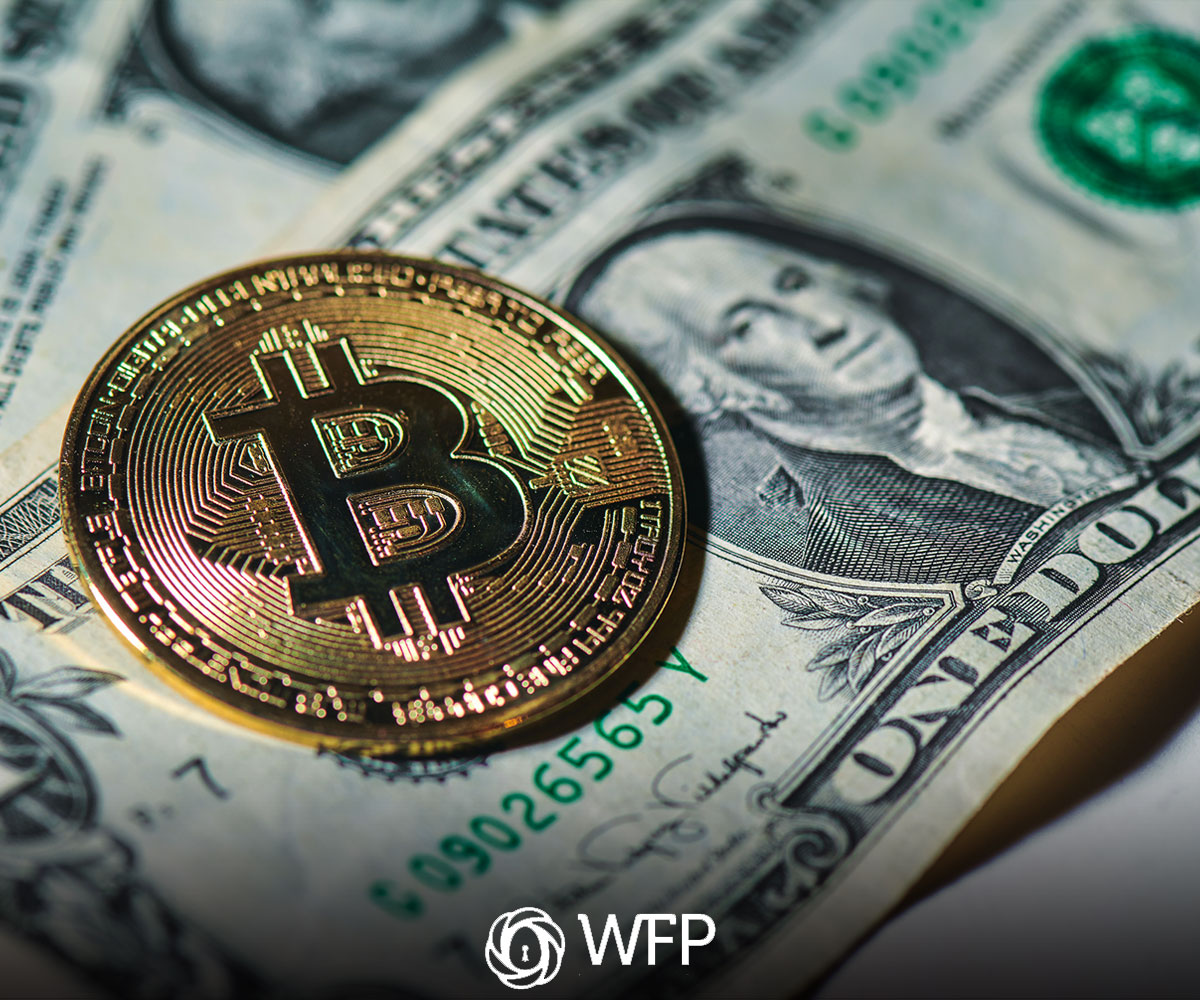In this fast-paced digital era, cryptocurrencies have emerged as a transformative force, revolutionizing the way we think about money and financial transactions. However, as the popularity of digital assets soars, so does the need for robust security measures. Whether you’re a seasoned crypto enthusiast or just dipping your toes into this fascinating realm, safeguarding your digital assets should be a top priority. In this blog post, we will explore the complexities of crypto protection and provide you with essential tips to secure your digital wealth.
Understanding the Crypto Landscape
The Rise of Cryptocurrencies Cryptocurrencies have experienced significant growth and have become increasingly important in the financial world.
Key Terminology To better grasp the fundamentals, let’s explore key terms related to cryptocurrencies, such as blockchain, wallet, private key, and public key.
Common Security Threats
Hacking and Phishing Attacks Cybercriminals employ various methods to target digital assets, including hacking into accounts and using deceptive phishing techniques. Stay vigilant and be aware of the signs of fraudulent activity.
Malware and Ransomware Malicious software can compromise your devices and provide unauthorized access to your crypto assets. Ransomware poses a significant risk, where attackers hold your data hostage until you pay a ransom. Employ robust security software and regularly scan your devices for malware.
Exchange and Wallet Vulnerabilities Cryptocurrency exchanges and wallets can be vulnerable to security breaches. Choose reputable platforms and consider the security measures they have in place, such as multi-factor authentication and cold storage options.
Essential Tips for Crypto Security
Strong Passwords and Two-Factor Authentication Create strong, unique passwords for your crypto accounts and enable two-factor authentication (2FA) for an extra layer of security. Use a password manager to keep track of your passwords securely.
Cold Storage Solutions Consider using offline storage options like hardware wallets or paper wallets. These physical devices keep your private keys offline, making it more difficult for hackers to gain unauthorized access.
Software and Firmware Updates Regularly update your cryptocurrency-related software and firmware. These updates often include security patches that protect against newly discovered vulnerabilities.
Due Diligence and Research
Researching Exchanges and Wallet Providers Before selecting an exchange or wallet provider, conduct thorough research. Look for platforms with a solid reputation, good security track record, and positive user reviews.
Evaluating Security Features When assessing exchanges and wallet providers, pay close attention to the security features they offer. Look for features like multi-signature wallets, withdrawal whitelisting, and cold storage options.
Developing an Emergency Plan
Backup and Recovery Strategies Implement robust backup and recovery strategies to protect against accidental loss or hardware failure. Regularly back up your private keys or seed phrases and store them securely in multiple locations.
Estate Planning Considerations Consider including your digital assets in your estate planning. Ensure that your loved ones can access and inherit your crypto assets in the event of incapacitation or death.
Securing your digital assets in the world of cryptocurrencies requires vigilance and knowledge. By understanding the complexities and implementing effective security practices, you can safeguard your investments and navigate this exciting space with confidence. Remember, protecting your digital wealth is an ongoing commitment that demands constant attention and adaptation.
To explore further and learn more about crypto protection, contact our experts at WFPLaw. Schedule an appointment today by visiting wfplaw.com/contact-us/ to ensure the safety of your valuable digital assets.